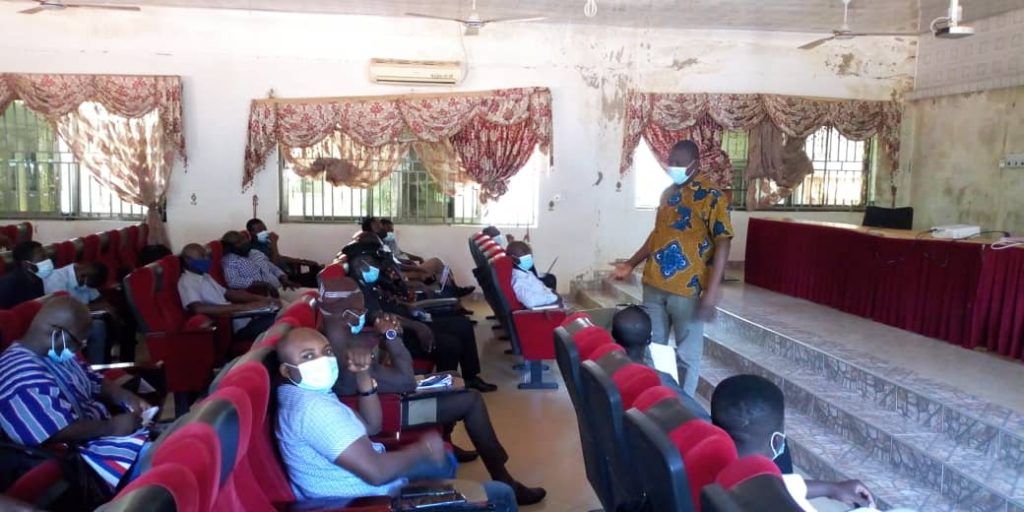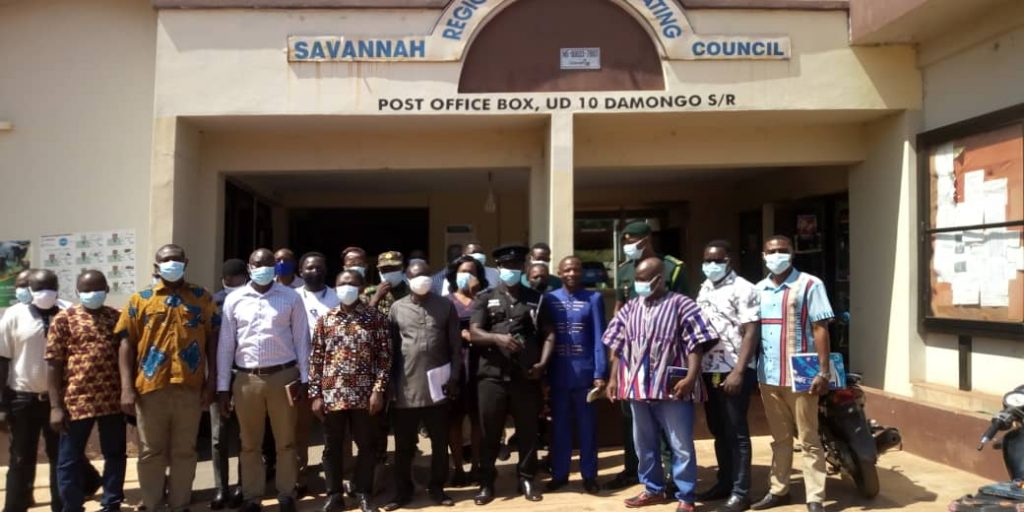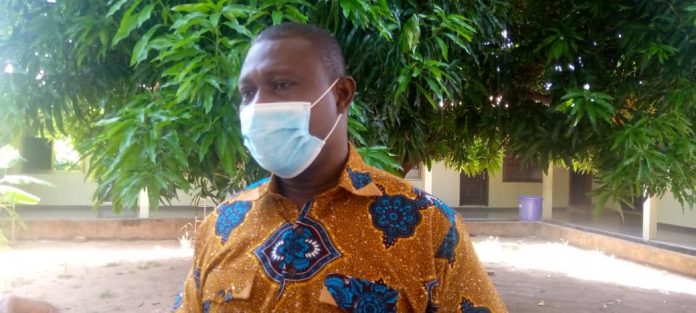All seven Municipalities and Districts in the Savannah Region have now recorded cases of the yellow fever according to the Savannah Regional Director of Health Services Dr. Chrysantus Kubio.
Briefing the media on 25th November, 2021 after the weekly debriefing by some major stakeholders in the Savannah Region after the outbreak Yellow fever, the Regional Health Director, Dr Chrisantus disclosed that even though the region has not recorded any new case in the past week, the current death toll stands at 34 with 184 suspected cases.

In his breakdown for the Savannah Region, he stated that 13 people have succumbed to the virus in the West Gonja Municipality; 8 in the North Gonja District; 3 in the Bole District; 3 in the Sawla- Tuna-Kalba District and 1 in the East Gonja Municipality.
Dr Chrysantus appealed to residents across the Savannah Region to get vaccinated since Yellow Fever is fast spreading and further cautioned that every one in the Savannah Region should protect themselves by sleeping under treated mosquito nets and also by making sure that surroundings are well weeded to prevent the mosquitoes from breeding and as well make sure gutters around are well distilled.
He further advocated for the need to observe the COVID-19 protocols and urged residents across the region to vaccinate against CORVID since it is still with us.
The Deputy Health director for Savannah Region Dr Micheal Biredu in a speech revealed that Yellow fever is a viral haemorrhagic disease which is caused and transmitted primarily by the Aedes aegupti mosquitoes and this is a common disease in sub-saharan Africa and when it comes to Ghana the disease is prevalent in Northern Ghana.
Dr Micheal Biredu disclosed that Africa records over 50% of Yellow Fever cases in the world with all African countries being susceptible areas of its outbreak.
He further stated that the disease is detected through two methods which includes the antibody antigen method and the text for the viral particle is known as the PCR method.
He noted that the incubation period is between 3 to 6 days which means that when an individual is bitten by an infected aedes aegupti mosquitoes, he will start exhibiting symptoms of the disease after the incubation period and added that the outbreak of the disease can happen in three settlements including the jungle, settlements closer to the jungle (the intermediate) and densely populated (urban) settlements.
Dr Micheal Biredu noted that some of the signs and symptoms of yellow fever included fever, headache, nausea and vomiting and very serious cases may lead to clotting disorder, fatal heart, liver and kidney conditions and therefore implore the general public to report to the nearest health facility when they experience such symptoms.

Source: nkilgifmonline.com




